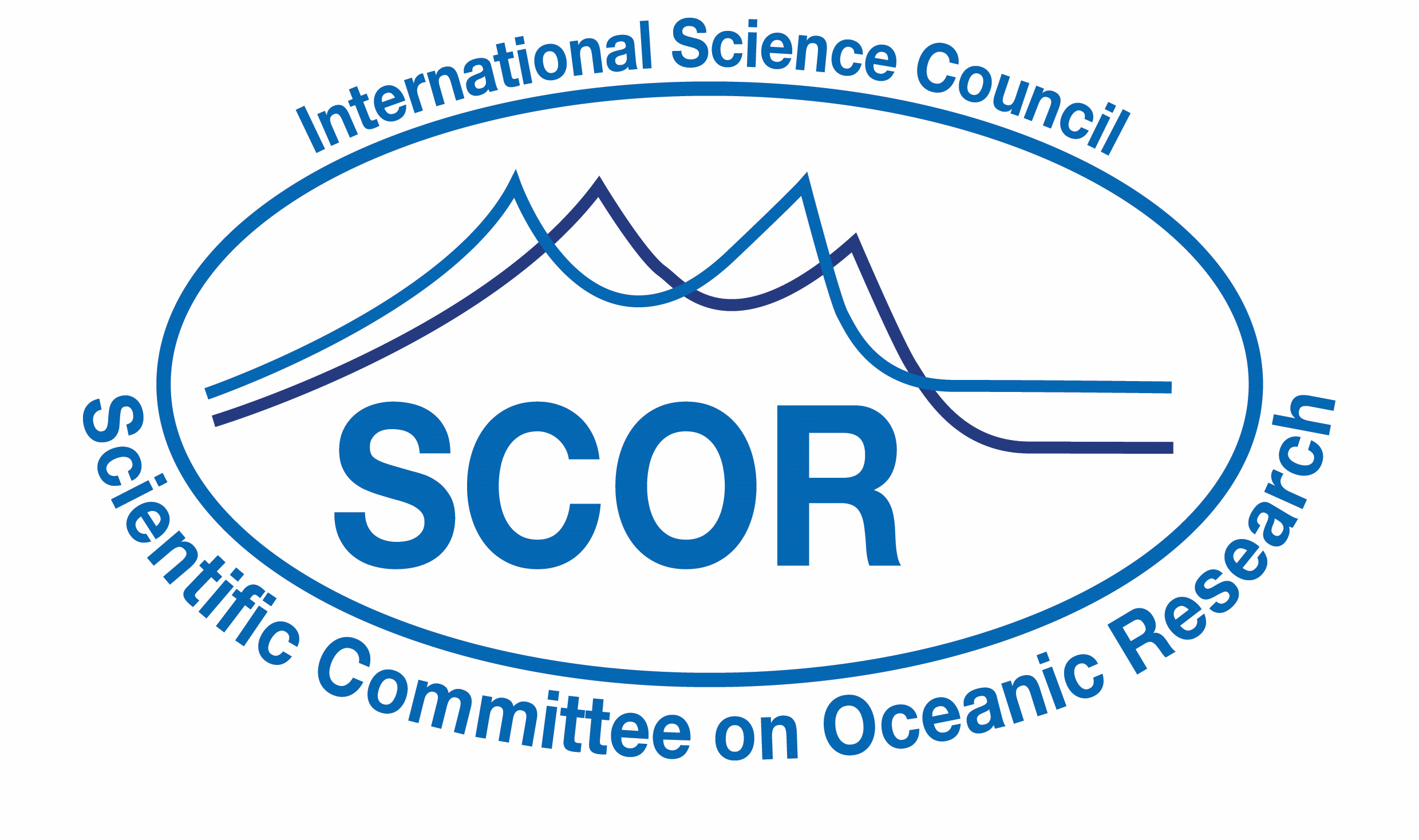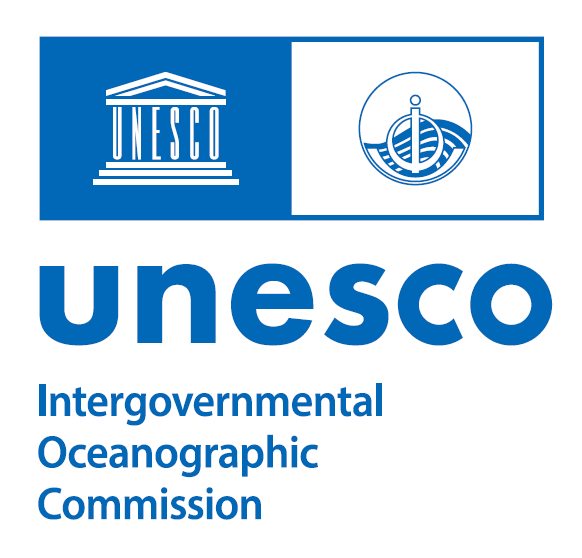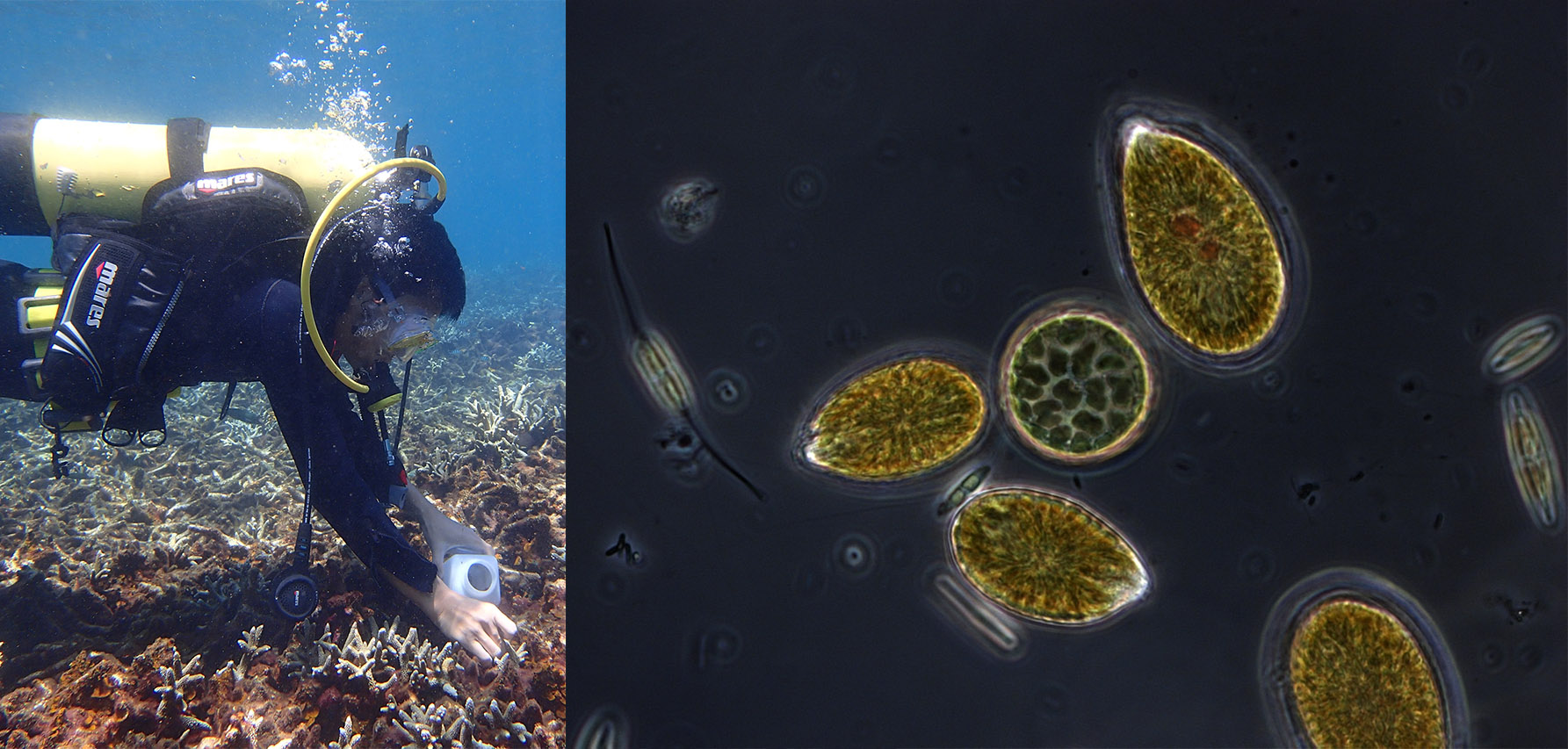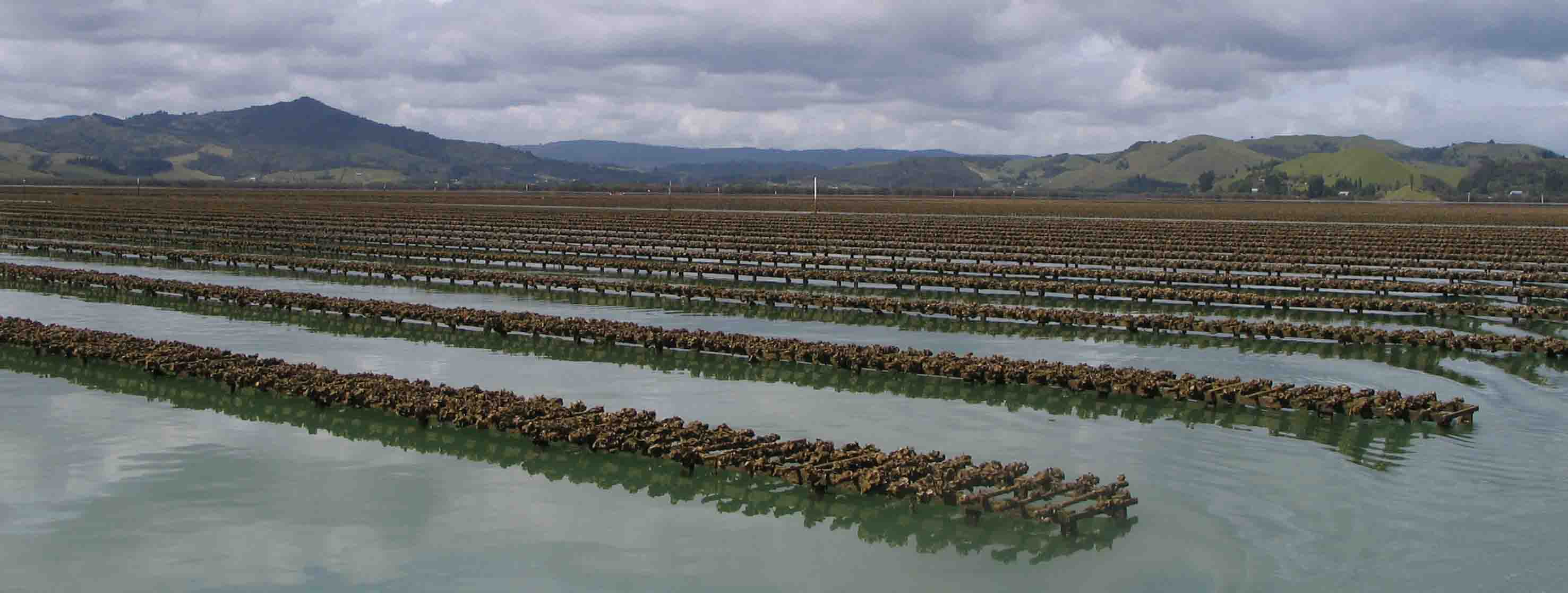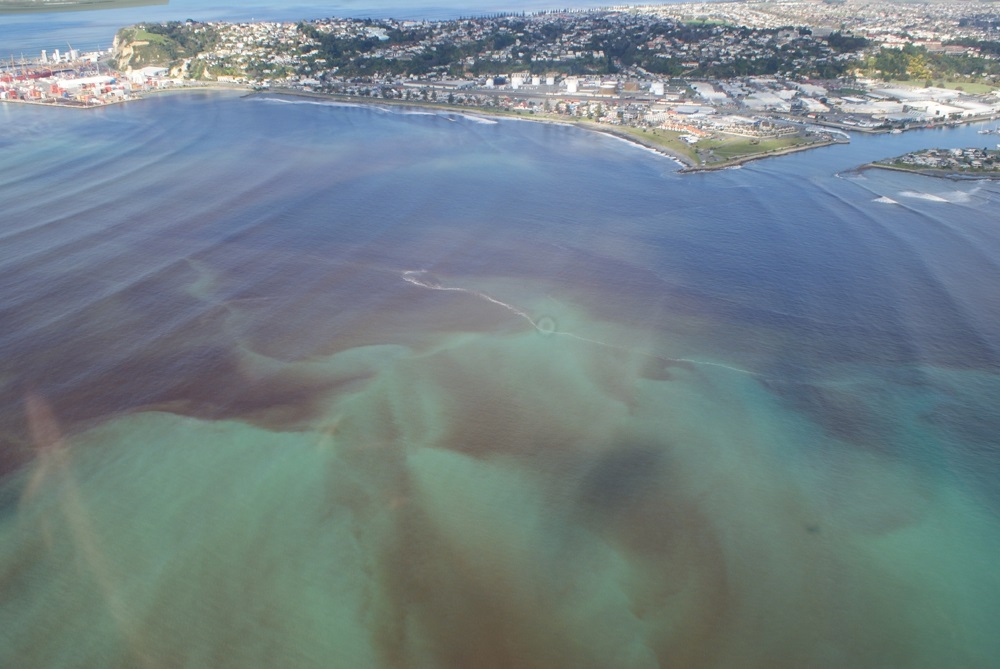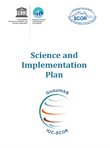PROJECT TITLE: Co-development of Climate services for adaptation to changing Marine Ecosystems
Acronym: Co-CliME
Scope: Regional
Type: Research
Timeframe: September 2017 to September 2020
Principal investigator: Dr. Caroline Cusack (coordinator)
Address: Ocean Science & Information Services, Marine Institute, Rinville, Oranmore, Co. Galway, H91 R673, Ireland
Tel/Fax: +353 (0) 91 387 496
E-mail: This email address is being protected from spambots. You need JavaScript enabled to view it.
Home page URL: https://www.coclime.eu
Other key persons:
- Maguire Julie, Daithi O'Murchu Marine Research Station, Ireland
- John Uwe, Alfred Wegener Institut, Germany
- Berdalet Elisa, Consejo Superior de Investigaciones Científicas, Spain
- Hess Philipp, Institut Francais de recherche pour l'Exploitation de la Mer, France
- Travers Muriel, University of Nantes, France
- Lemée Rodolphe, Universite Pierre et Marie Curie, France
- West Jeniffer Joy, Center for International Climate Research – Oslo, Norway
- Naustvoll Lars Johan, Institute of Marine Research, Norway
- Stoica Elena, National Institute for Marine Research and Development “Grigore Antipa”, Romania
- Andersson Helen, Swedish Meteorological & Hydrological Institute, Sweden
- Barquet Karina, Stockholm Environment Institute, Sweden
Objectives: European coastal ecosystems are changing as a result of interactions between a number of drivers including overfishing, pollution, and climate change. Changes in marine ecosystems will impact on human health, food safety and the future sustainability of sectors including aquaculture, fisheries and tourism. Climate projection information is plentiful and there is considerable activity in marine ecosystem impact modelling; however, a disconnect remains between delivery of this information and its effective uptake by end users and policy makers. The CoCliME project will co-develop and co-produce a set of regionally focused climate services to address key impact areas including human health, aquaculture, fisheries and tourism across the regional seas of Europe. The developed services, and associated decision support tools, will empower and support vulnerable coastal sectors to accelerate adaptive decision-making and feed into key governance mechanisms such as the Marine Strategy Framework Directive, Marine Spatial Planning, and local, national and European adaptation planning. The project team brings together a newly established consortium of boundary organisation experts in co-development of climate services with leaders in marine ecosystem research, regional ocean climate modellers, and, at its heart, a number of targeted users and decision makers in each region. The project will offer an innovative and user-focused approach and the development of a societally relevant climate service framework, in addition to the bespoke climate services, that will be transferable to other regions, impact areas, users and marine ecosystem vulnerabilities. Through a regional case study approach, the specific needs of national and European marine ecosystem impact and adaptation planners and regulatory authorities will be identified and addressed through an evidence-based and iterative process designed to feed into climate adaptation strategies across the EU and beyond. CoCliME is part of the ERA4CS, an ERA-NET initiated by JPI Climate, and funded by EPA (IE), ANR (FR), BMBF (DE), UEFISCDI (RO), RCN (NO) and FORMAS (SE), with co-funding by the European Union (Grant 690462).
Some activities:
* A coordinated sampling in European waters to determine the presence of benthic harmful dinoflagellates, with a special focus on the genus Ostreopsis is been conducted in the summer of 2018.
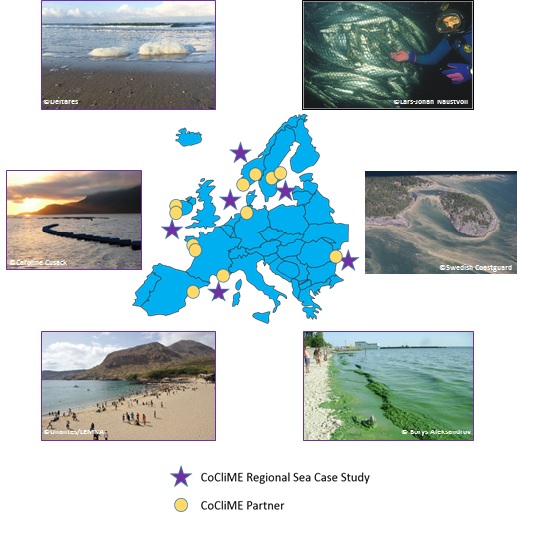

Implementation progress (date):
